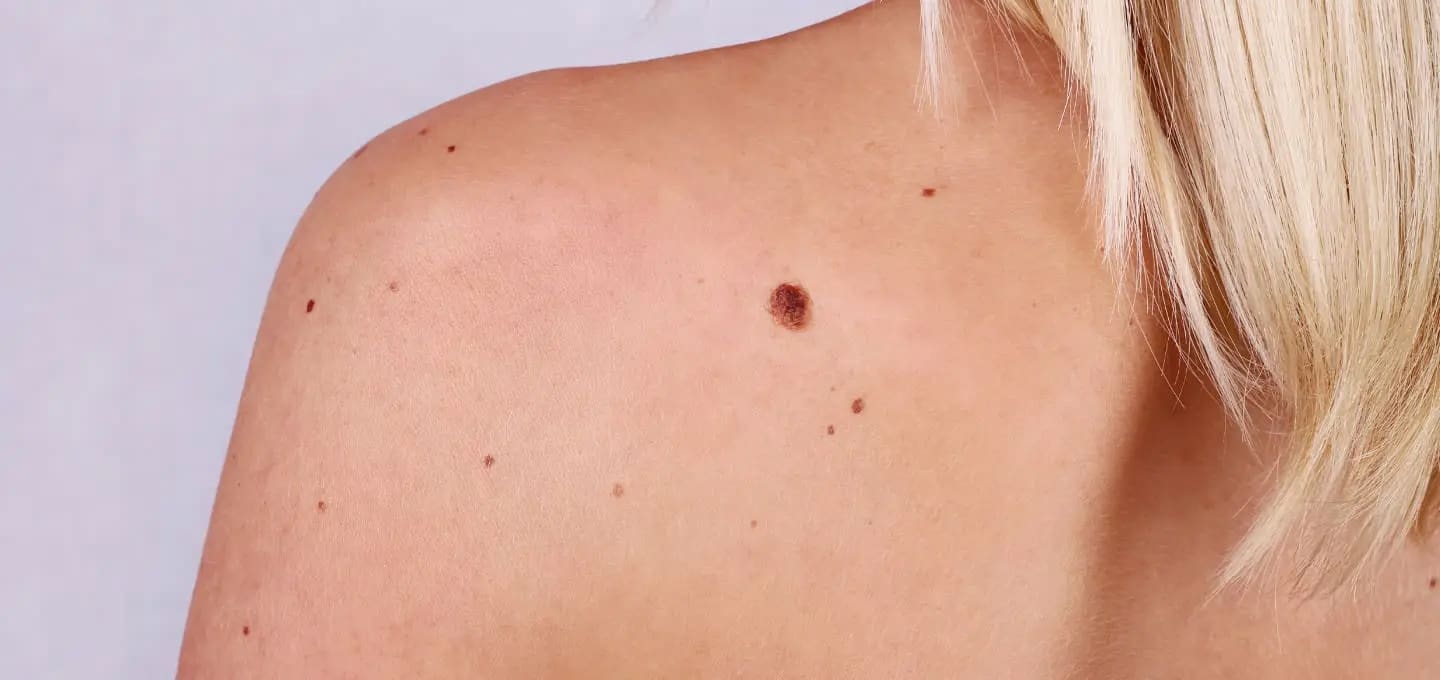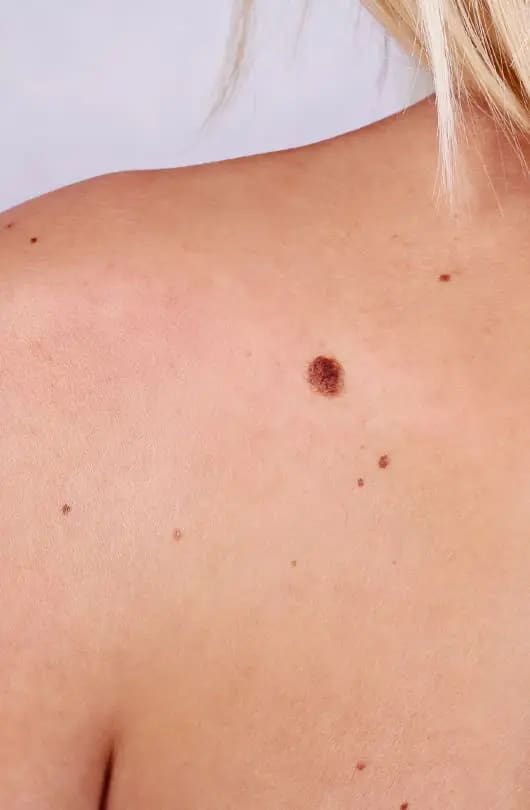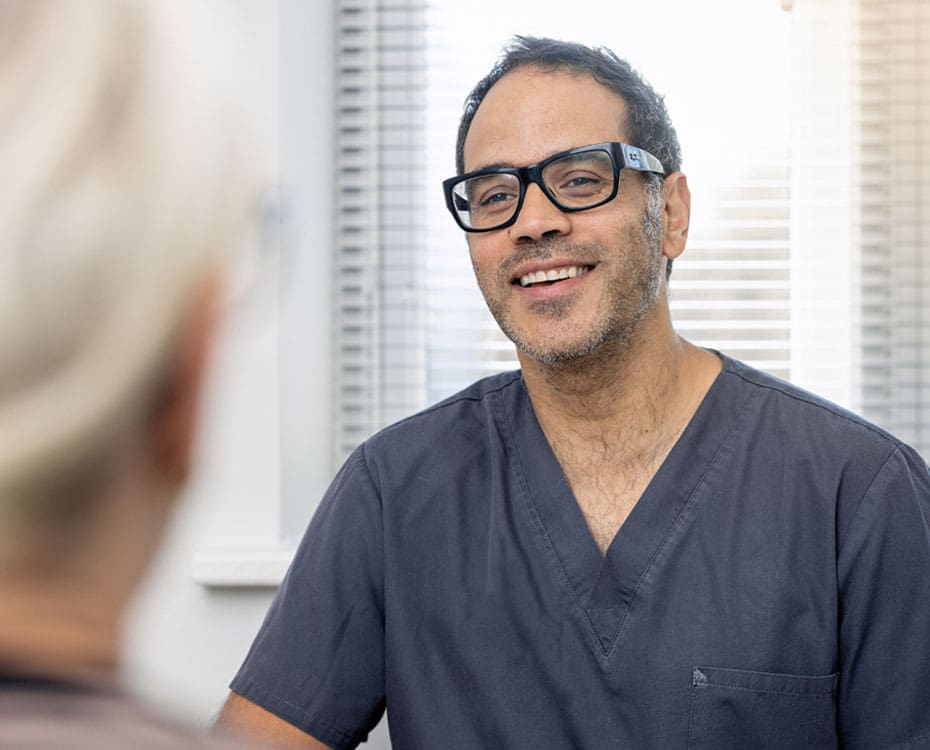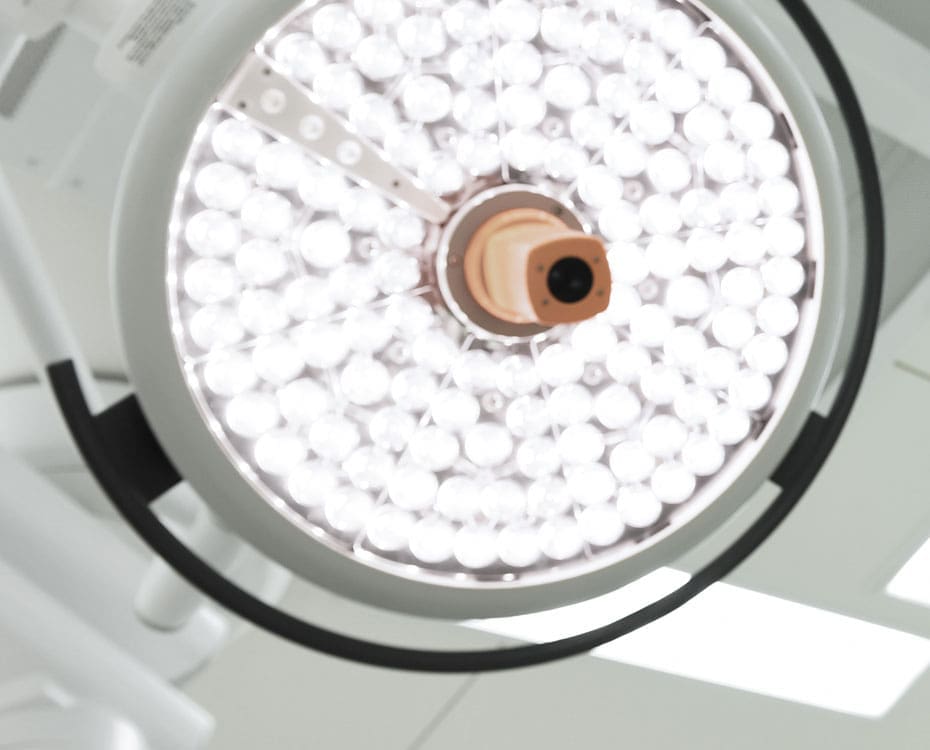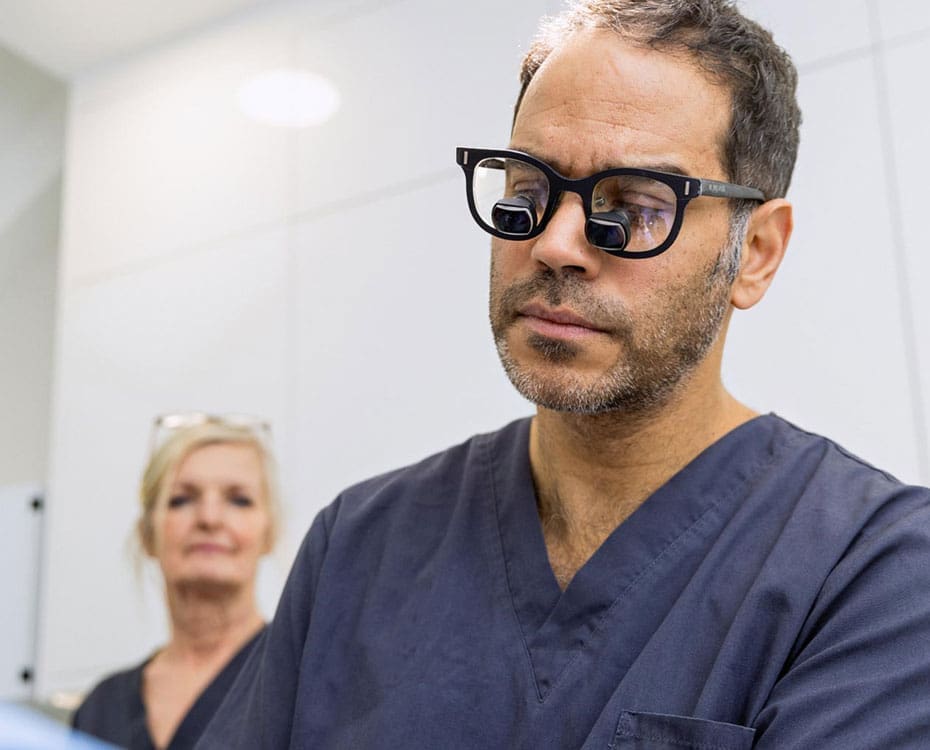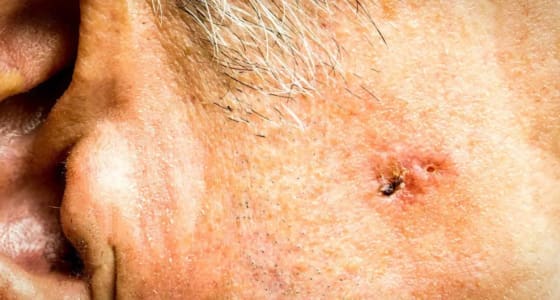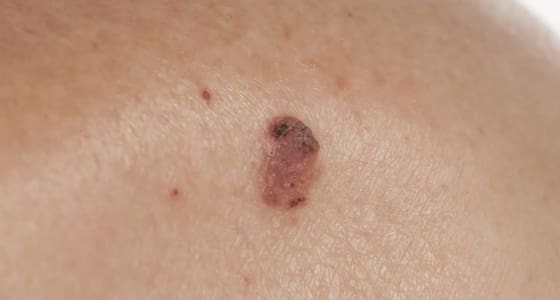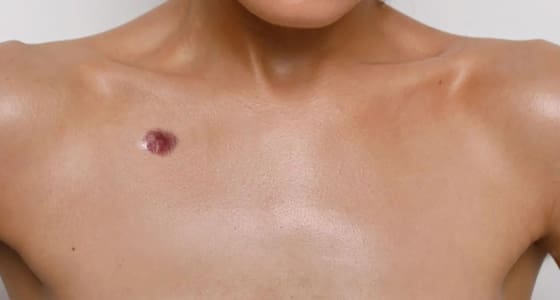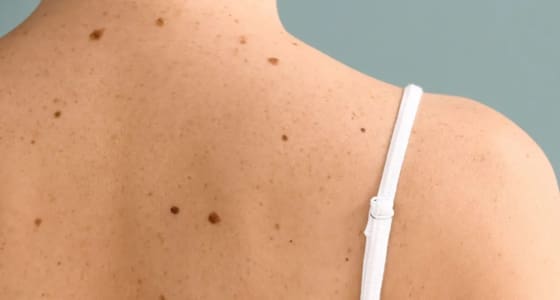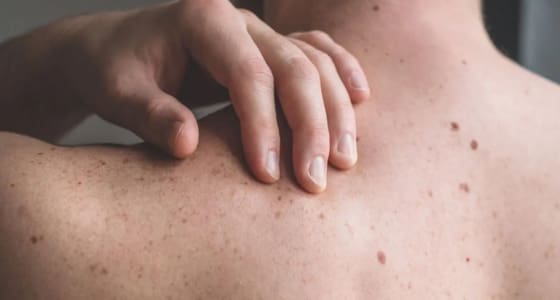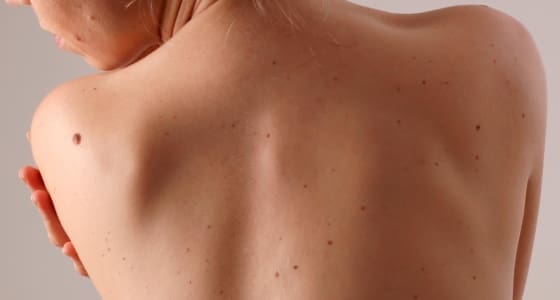This specialized procedure is typically performed by a plastic surgeon with expertise in reconstructive techniques.
After the removal of skin cancer, especially when a significant amount of tissue is excised, there may be a noticeable defect or deformity in the area. Plastic surgery reconstruction aims to address these issues and enhance the cosmetic outcome. Various techniques are utilized to rebuild or repair the affected area, tailored to each individual case.
Plastic surgery reconstruction following skin cancer removal not only helps restore physical appearance but also improves function and quality of life for those impacted by skin cancer. It is crucial to communicate your goals and expectations with your surgeon to ensure a personalized and successful reconstruction outcome.
